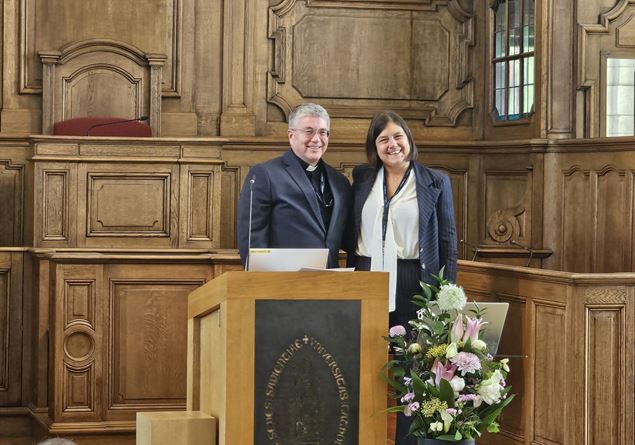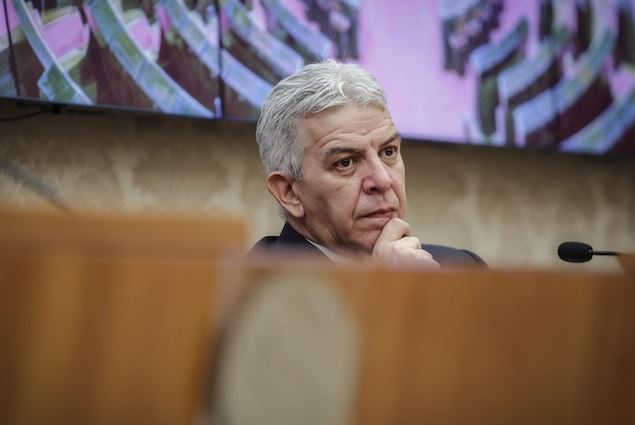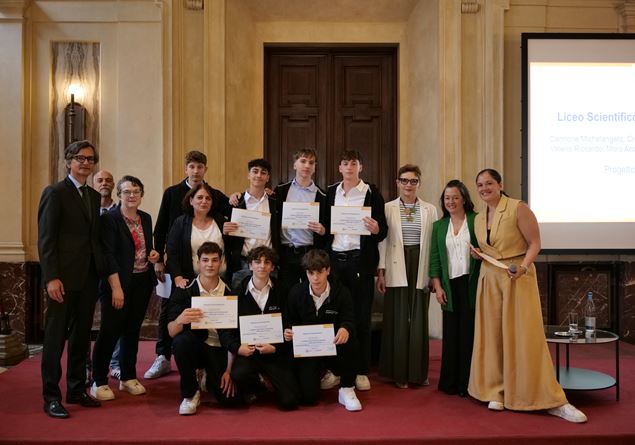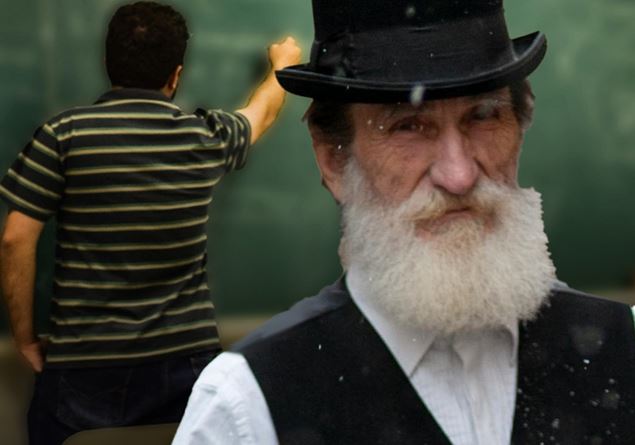In light of the news of the news of these days on the crime of Afragola we parents we have to ask ourselves questions and ask a honest examination of consciousness on the boundaries that we want to promote in the sentimental education of our children. Pre -adolescence is an age of indeterminacy, we proceed for attempts and errors. Friendship is the main area in which to get involved and often at this age opposite feelings are experienced in very quick times. We get excited for a friend or friend and then be disappointed or disinterested in it. You promise great things but often you are then unreliable. Grins are created that make you feel included or excluded in a very variable way. All this floating is not a manufacture defect in the operating of the pre -adolescent brain, it is only a natural process of adaptation to reality. Learning to trust is a long and demanding job. At twelve years of age you often trust everyone and nobody in an almost random way. It is a plastic time, in which to model who you want to be. At twelve you can fall in love, even very intensely. It happens, it is not common but it can happen. What parents what educational role should we have compared to this eventuality?
I think it is essential to keep the boundaries between the friendly and love relationships of our children and us: when they were children we were next to our children and their friends to train them to the game, to the construction of habits to fill free time, etc. In Pre -adolescence and adolescence our role changes, we remain on the scene as actors tuned and attentive to what our children live but we no longer live with them. Especially in the first love experiments of children (but not only) it is important to keep the boundaries. We are increasingly tempted to be very welcoming with their boyfriends and their girlfriends and this happens more and more early. We do it with the best intentions and often also achieve positive experiences. You go out with eating pizza, trips are taken, they give them steps to go to concerts, at the cinema or to take a day at the beach. We want to see them happy and we get involved in their stories. All this apparently may seem like a neutral process but in reality it is not. It means putting into play extra “ingredients” that can greatly anticipate some couple dynamics that are proper to love relationships between young adults. We parents enter the life of the couples of pre -adolescent or very young financial resources that they would not have, mobility, relational skills to resolve conflicts/problems and much more, all elements that stabilize the relationship in a time when instability is a specific phase.
As I write these indications I think about when it is easy to disregard them. We are natural for us to ask questions, invite, include, welcome, but it is important to respect the times. Let the Giovanissimi experience themselves independently with their means, disenchanted the acceleration of the stages. By now the young couples sleep together always before, they make experiences from adults when they are still deeply immature. The law in this sense gives clear indications. Sexual intercourse is prohibited before the age of fourteen, absolutely if there are more than four years of differentz among the partnersto. Our children need to have stable adults close and with a clear idea of what it can be done and what is not. We must support the natural need for exploration and socialization of this phase of life and not accelerate the evolutionary stages. At twelve, one must learn to be with others in a group, to play sports, to cultivate passions and interests, etc. Exclusive bonds must not be experienced that limit growth space. We parents must have the strength to stay at the right distance, to hold no tiring not when they ask us for things we think is not yet the right time.










